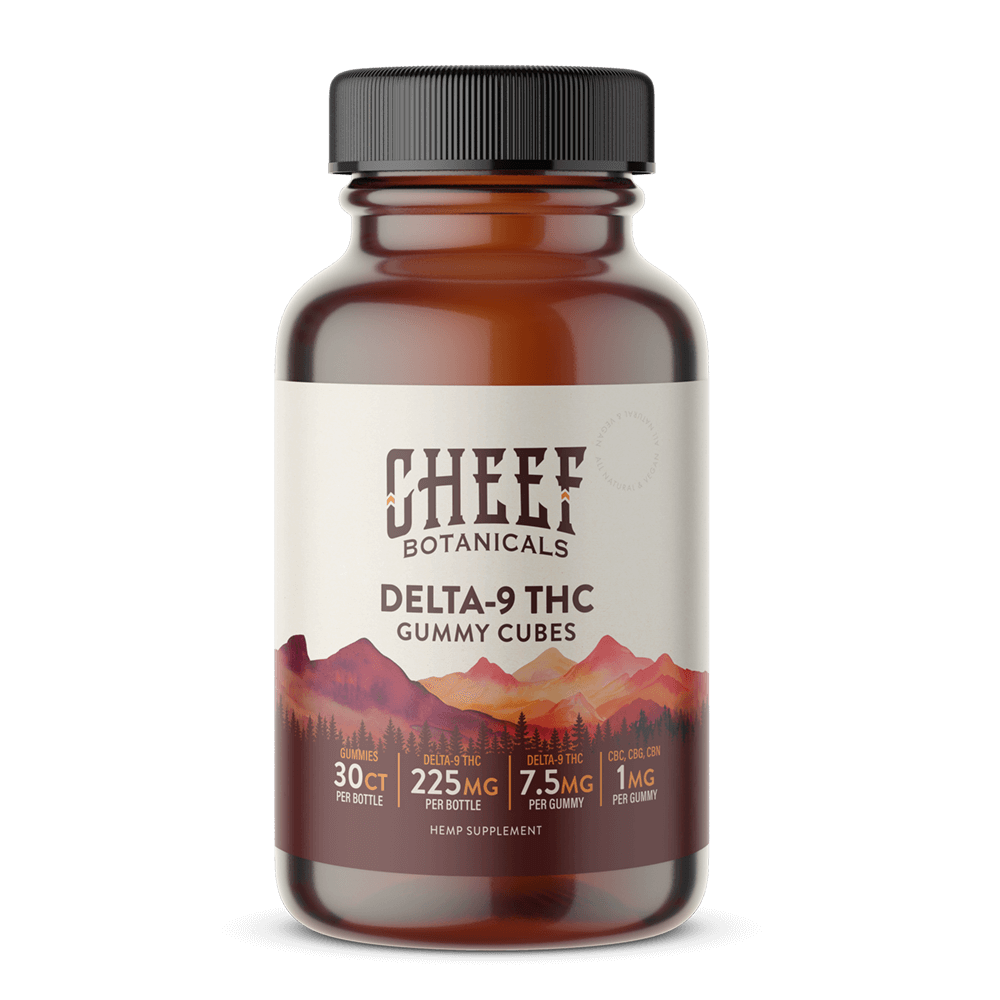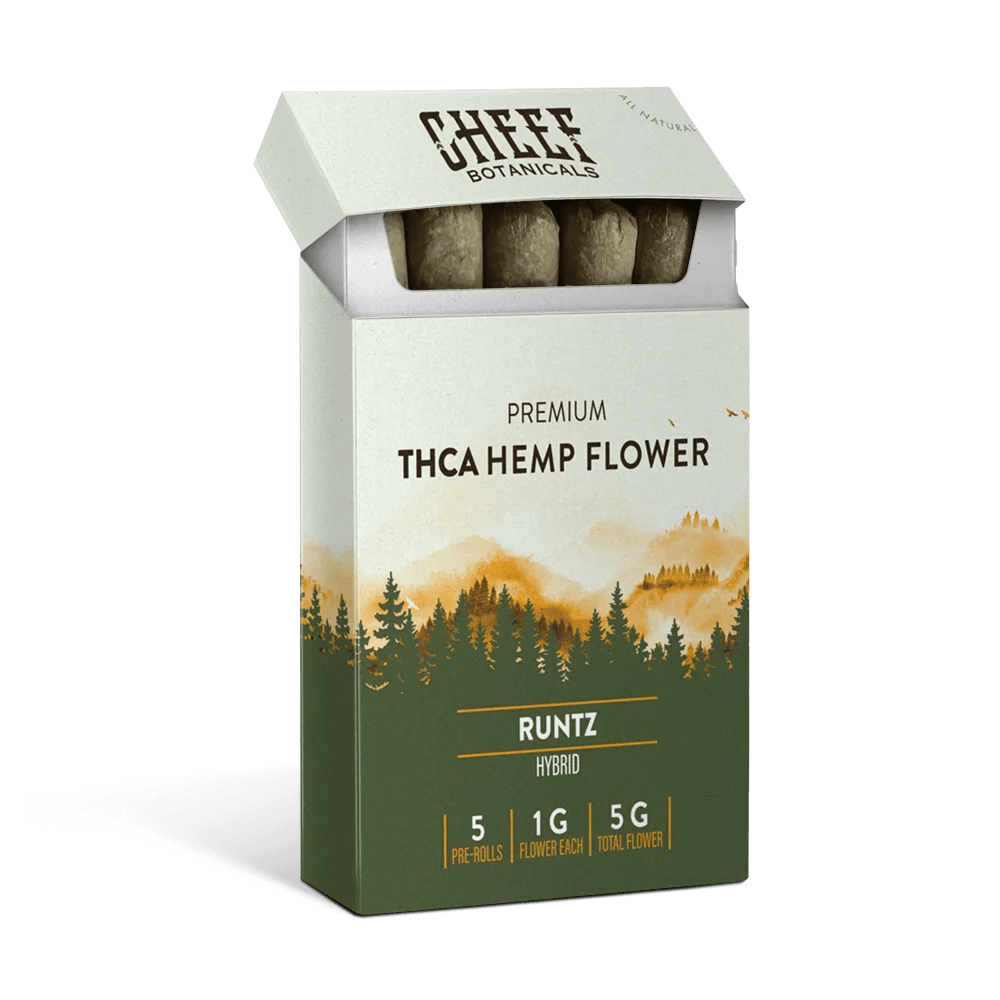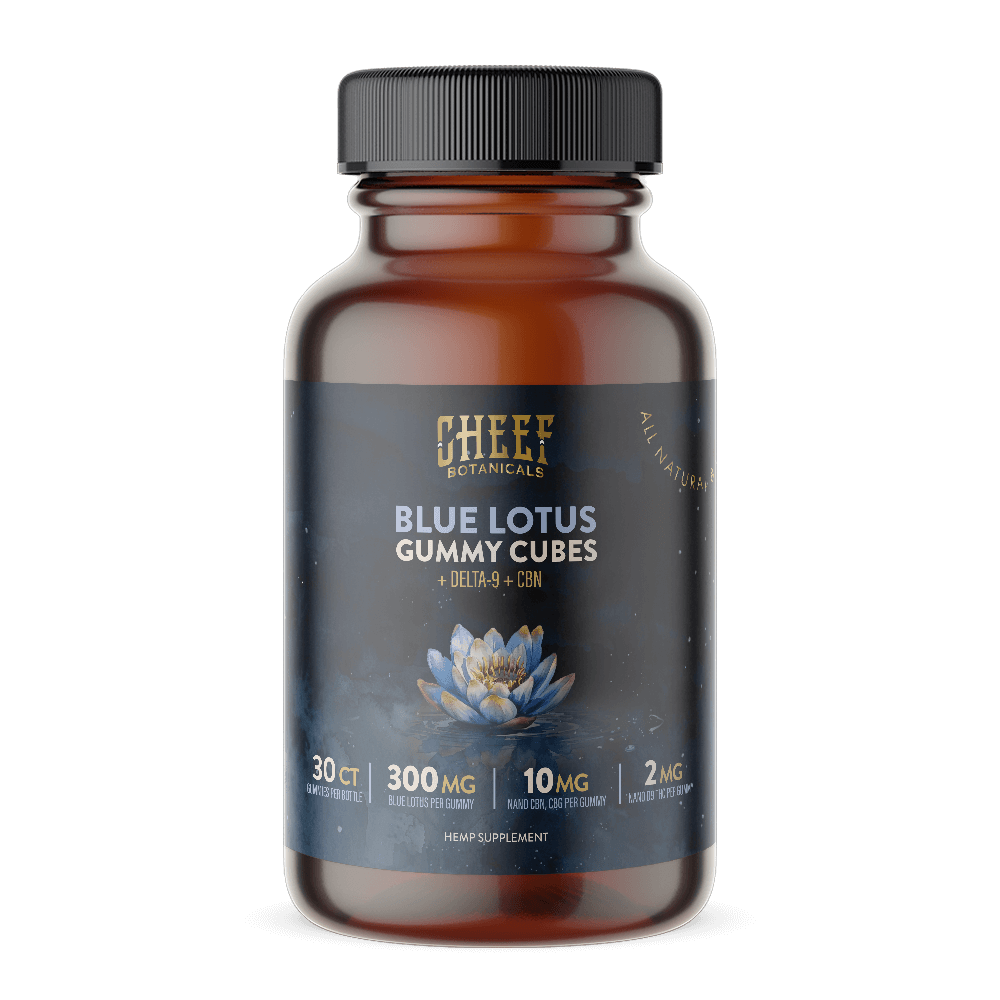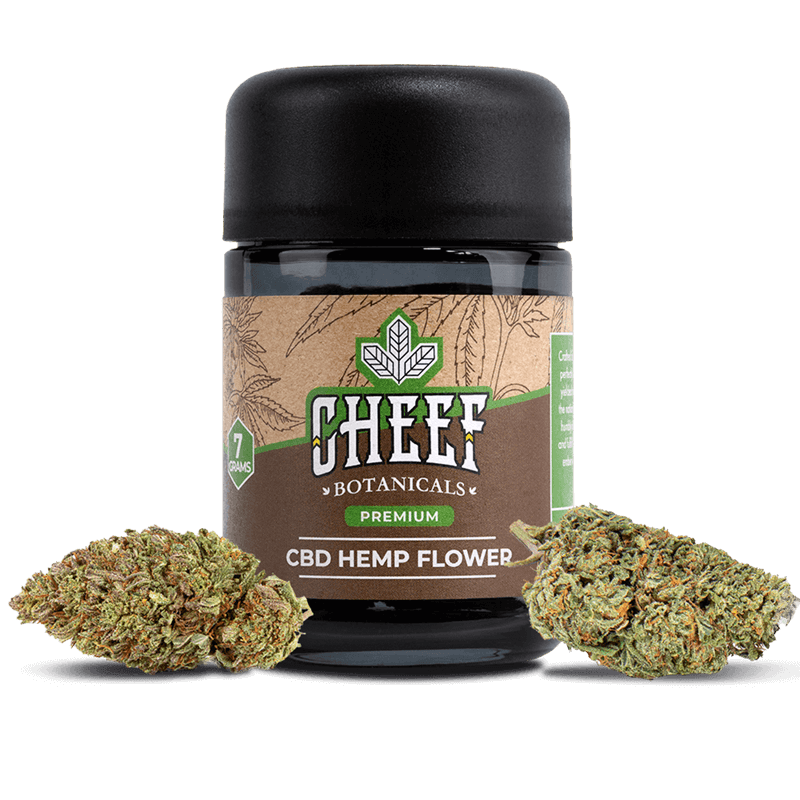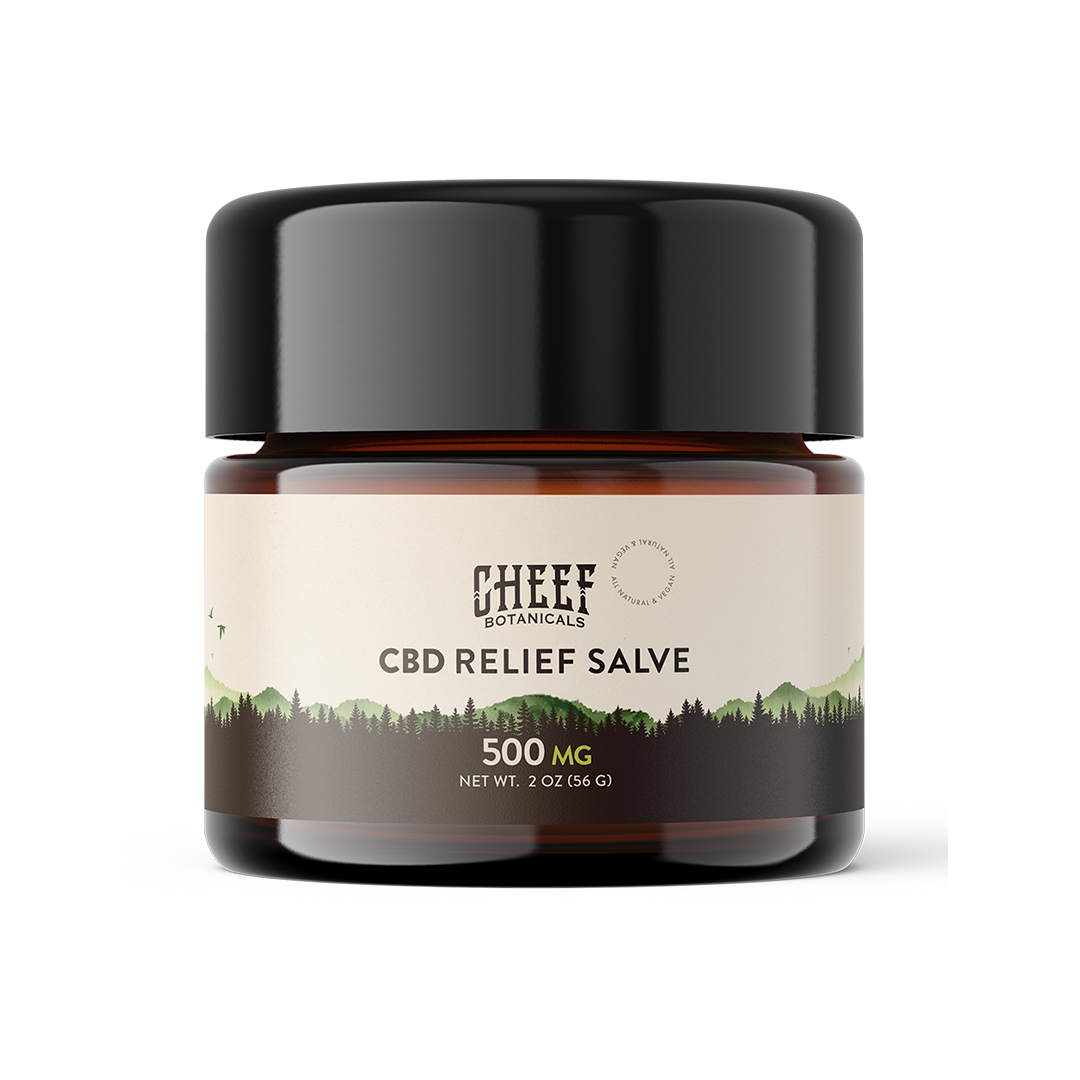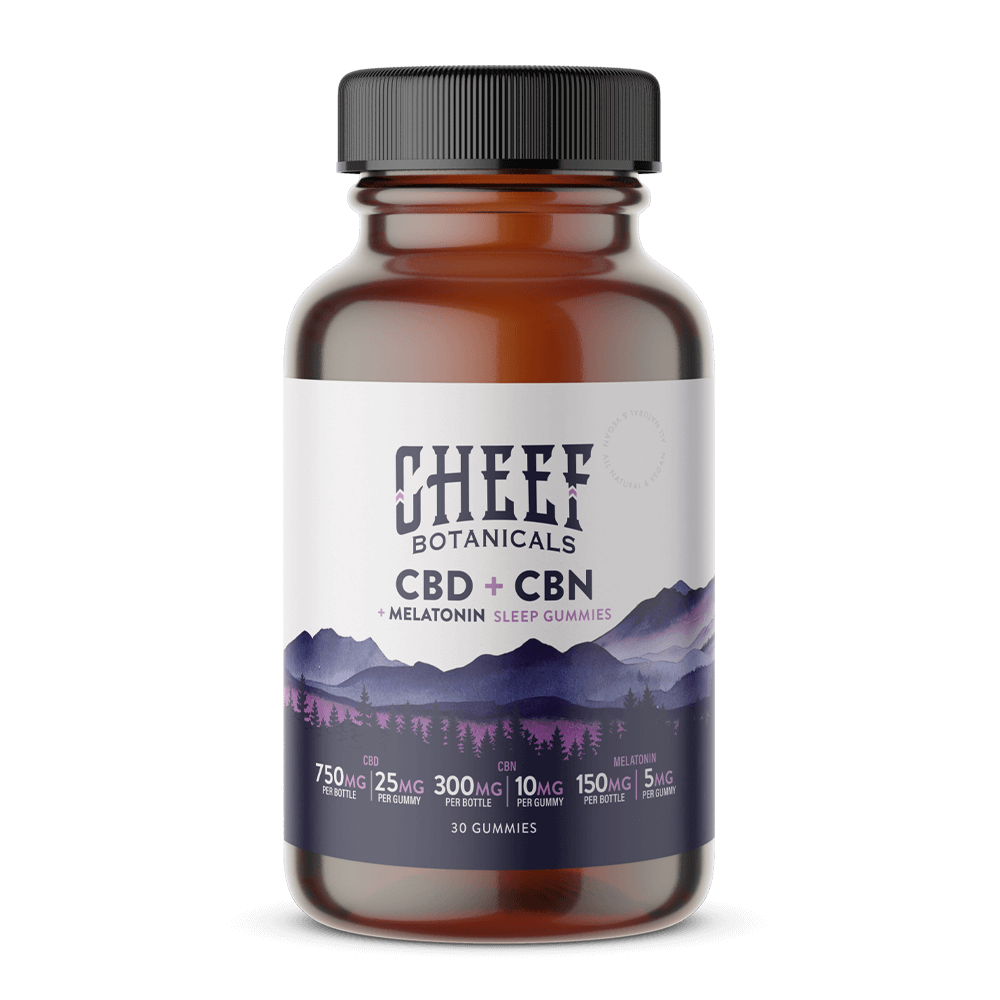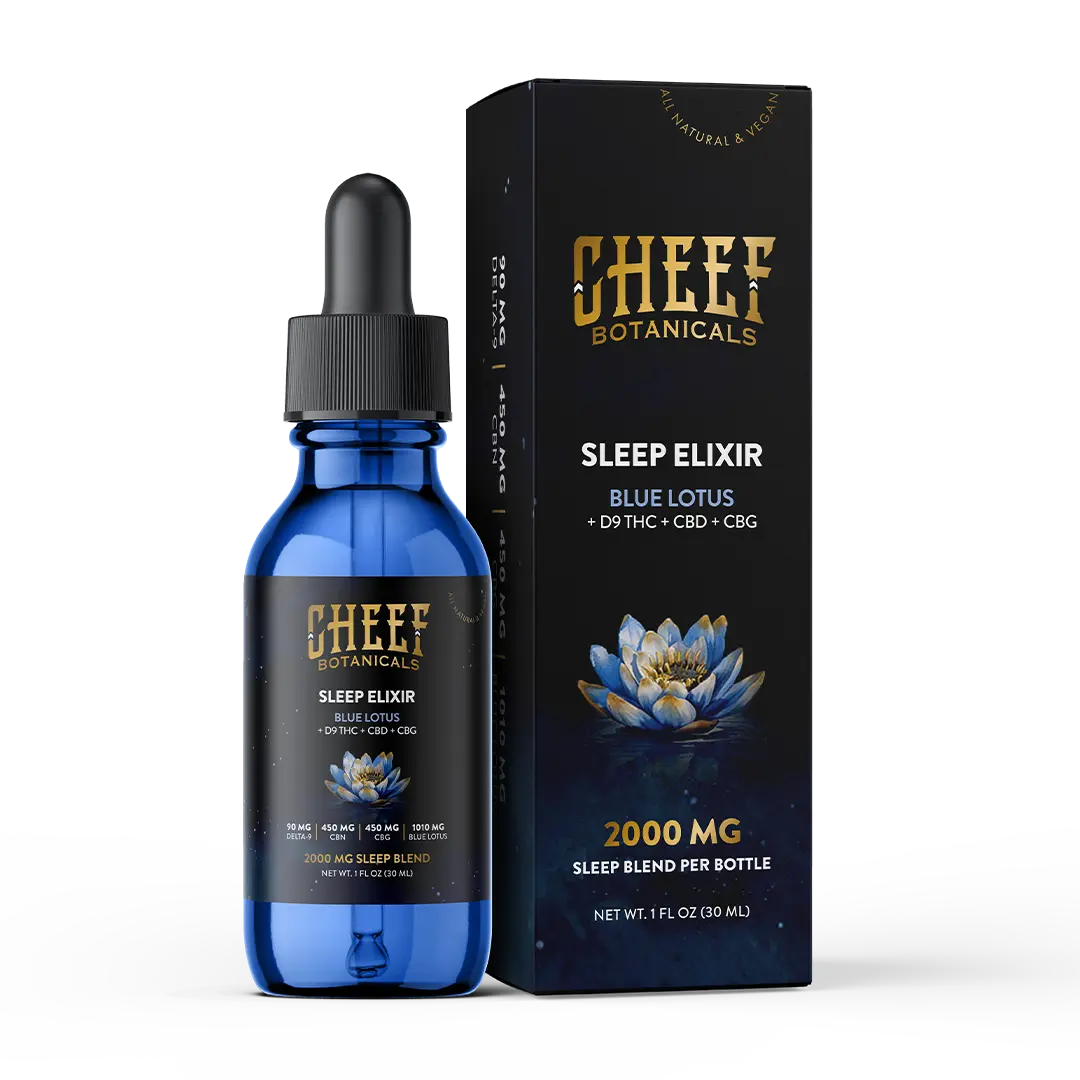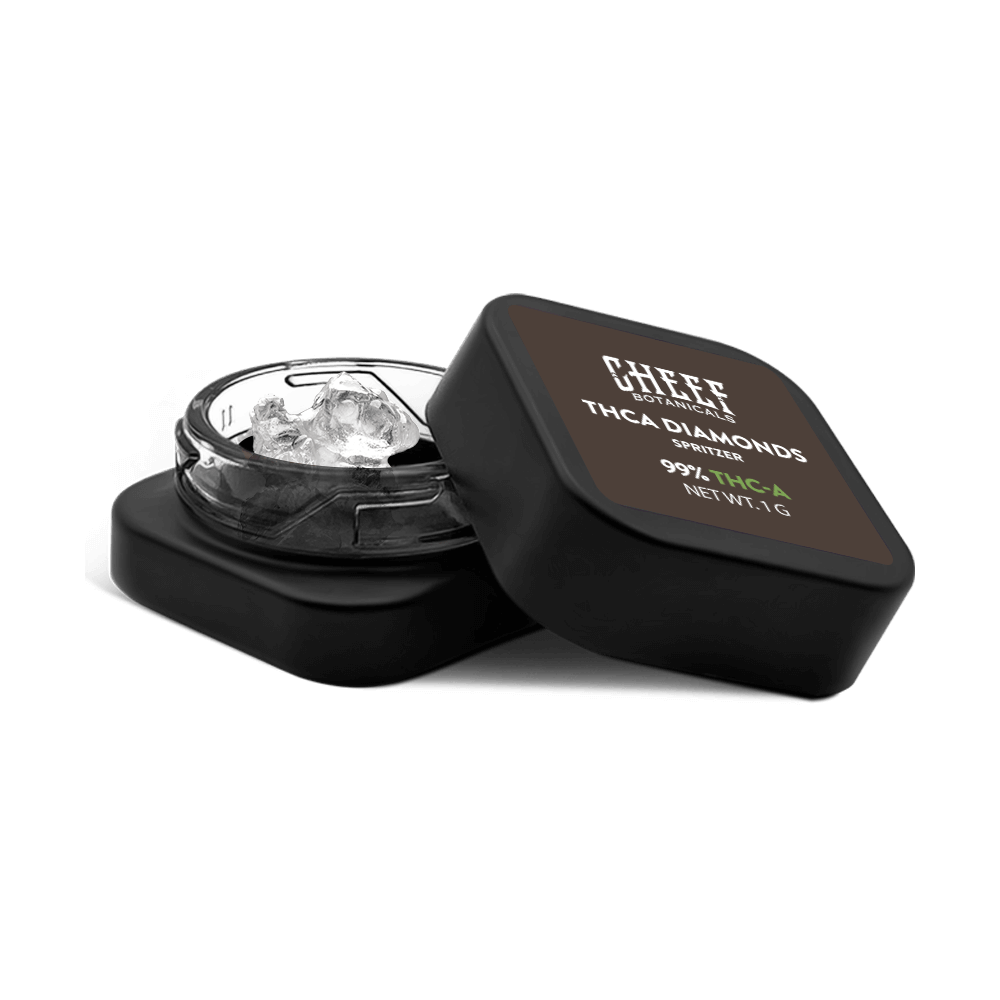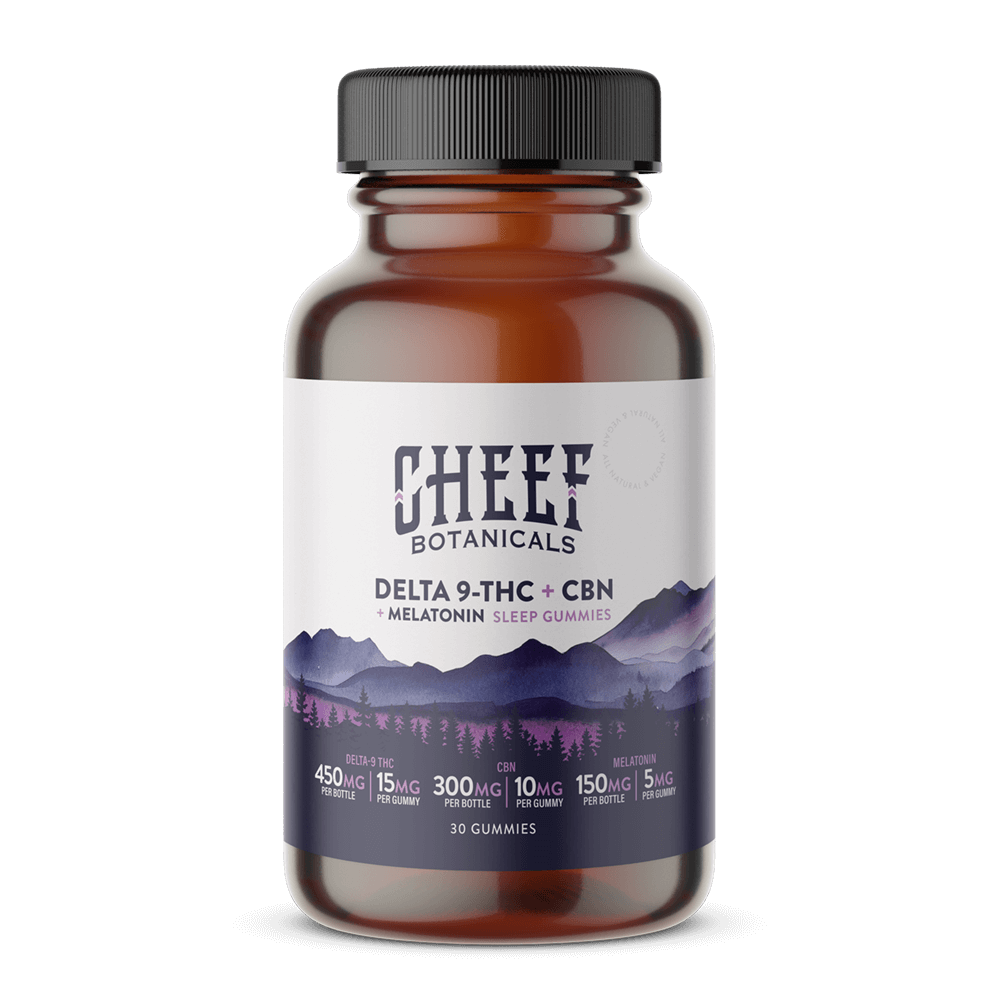Our Most-Loved Hemp Essentials
Tired of wellness products that overpromise and underdeliver? Our best-selling hemp blends are trusted by thousands for daily relief, balance, and real results. Clean ingredients. Lab-tested. Always made with care.



Clean, Tested, and Trusted
Our products are pure & simple. Made with natural, wholesome, plant-based ingredients that put the “heal” in your health.
Verified by 3rd-Party Labs
Every product is independently tested for purity, potency, and pesticides—so you get exactly what you paid for, and nothing you didn’t. View lab results anytime, right on our site.
Natural & Pure
Our products are pure & simple. Made with natural, wholesome, plant-based ingredients that put the “heal” in your health.
3rd Party Lab Tested
All of our products are tested and verified through a 3rd party to ensure accuracy. We test each product for potency & pesticides.
Plant-Based Wellness That Works
Struggling with stress, soreness, or sleep? These are our most-loved picks—chosen by thousands for their daily rituals. Whether you’re winding down or powering through, each product is crafted with clean hemp, thoughtfully sourced ingredients, and verified lab results. From soothing oils to balanced blends, we make it easy to feel better—naturally.
Frequently Asked Questions

What Are The Benefits Of CBD?
Many people report feeling more balanced, calm, and focused when using CBD as part of their wellness routine. Customers commonly use it to support sleep, manage everyday stress, or ease physical discomfort—without the “high.”
How Does CBD Work?
CBD interacts with your body’s endocannabinoid system—a natural network involved in maintaining balance. Many users say it helps them feel more in sync by supporting mood, rest, and overall well-being.
What Are the Different Types of CBD?
CBD comes in a few forms—each with slightly different compounds and benefits. Here’s a quick breakdown to help you choose what’s right for you:
Full Spectrum CBD
Contains all hemp plant compounds, including trace THC (under 0.3%). Preferred by many for the “entourage effect”—a synergy of cannabinoids.
Broad Spectrum CBD
Offers a wide range of cannabinoids and terpenes, but with zero THC. Ideal for those seeking benefits without any THC content.
CBD Isolate
Pure CBD, with all other plant compounds removed. No THC, no terpenes, just CBD alone. Great for those who want maximum purity and precision.
Do You Provide 3rd Party Lab Testing?
Yes, we provide 3rd party lab testing for all of our products. This allows us to ensure that our products are of the highest quality and potency.
How Long Will My Order Take?
We ship fast—so you can start feeling better, sooner. Here's how it works:
Free Shipping: All U.S. orders over $99 ship free via economy shipping.
Economy Shipping: 5–7 business days after processing
Standard Shipping: Up to 5 business days after processing
Expedited Shipping: Up to 3 business days after processing
You’ll receive a confirmation email as soon as your order ships, including a tracking number.
Is CBD Legal?
Yes—our products are hemp-derived and contain less than 0.3% THC, which makes them federally legal in all 50 states under the 2018 Farm Bill.
However, state and local laws can vary, so we recommend checking your area’s regulations before purchasing.
When Will I Feel The Effects & How Long Will They Last?
It varies by person and product. Some users say they feel results within 30 minutes, and that benefits may last several hours.
Gummies & Tinctures: May take longer to kick in, often reported to last 4–6 hours
Smokables: Often felt within minutes, may wear off sooner
Topicals: Localized support, results vary by use
Your metabolism, cannabinoid experience, and consistency all play a role.














